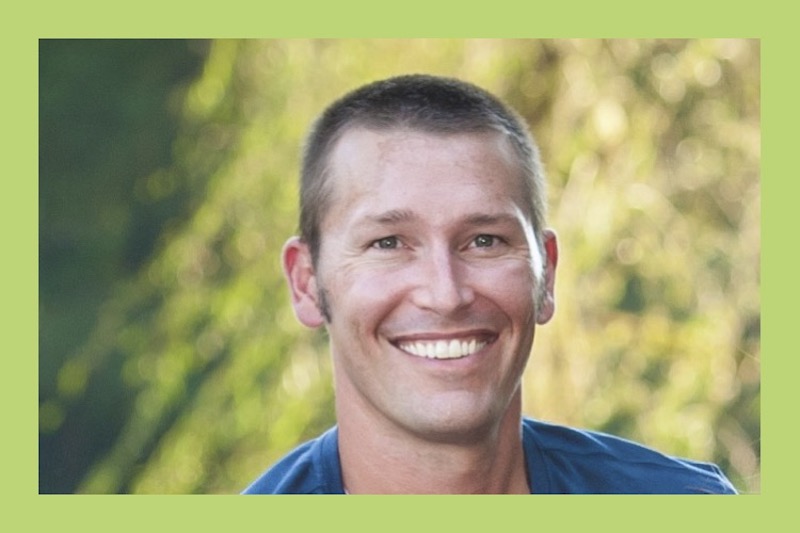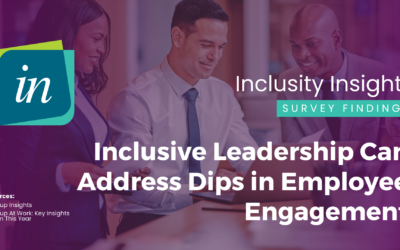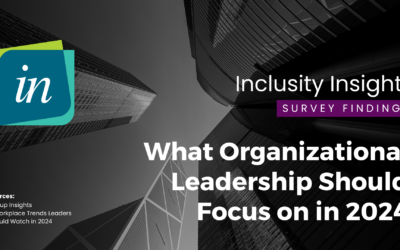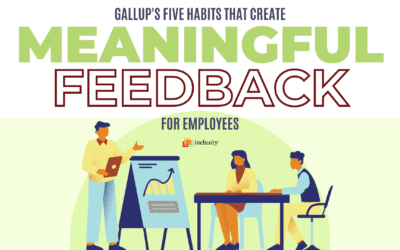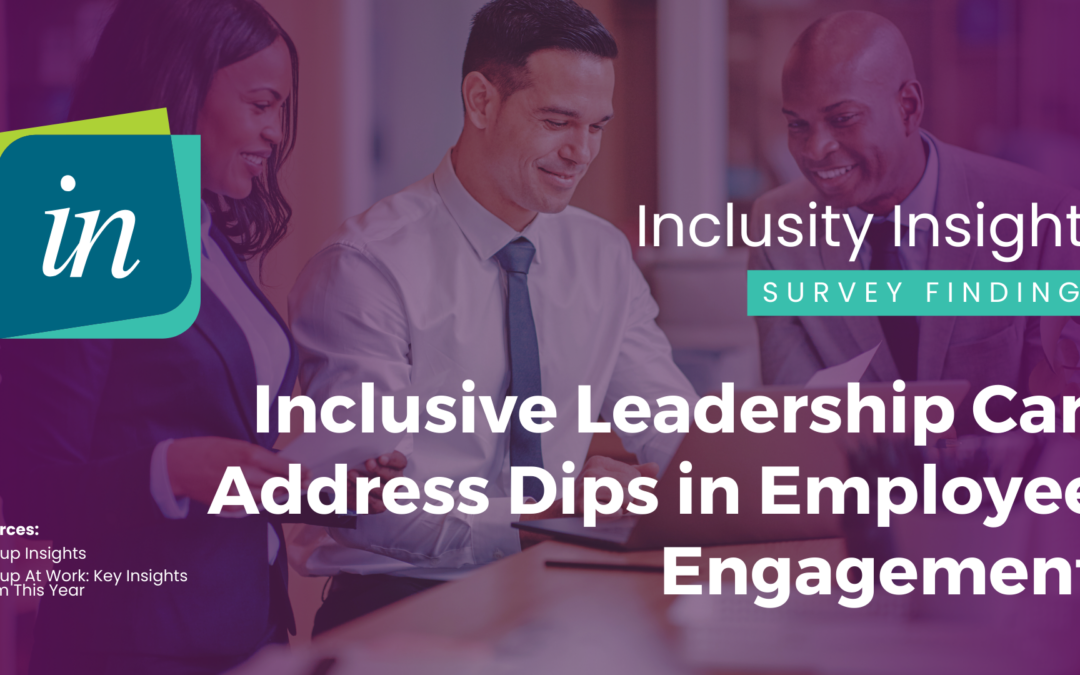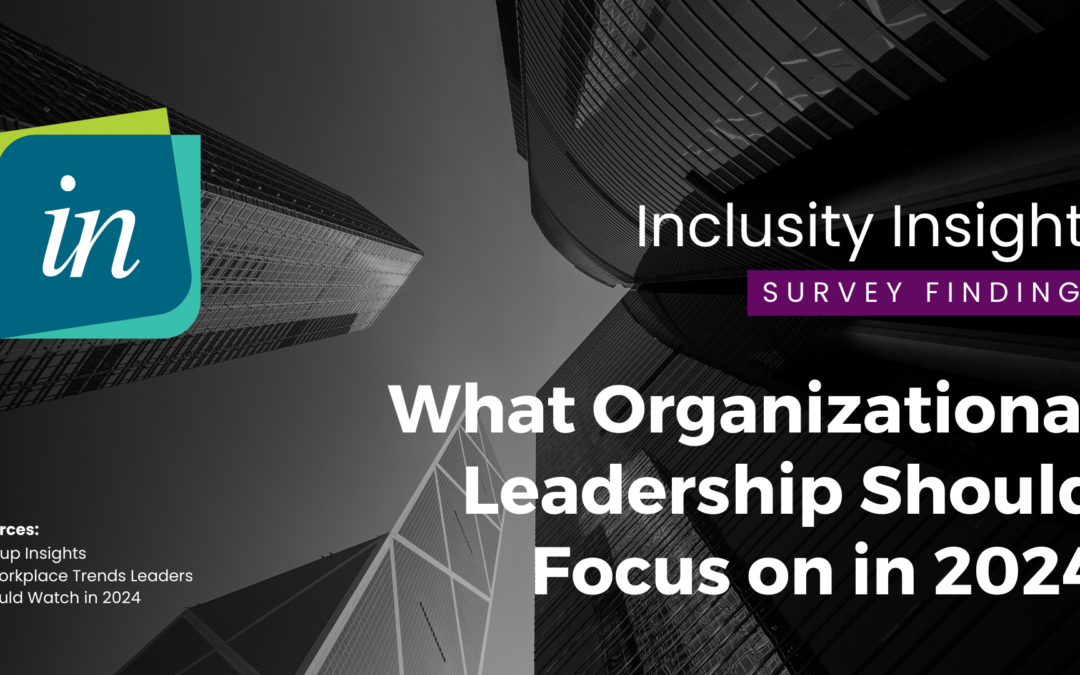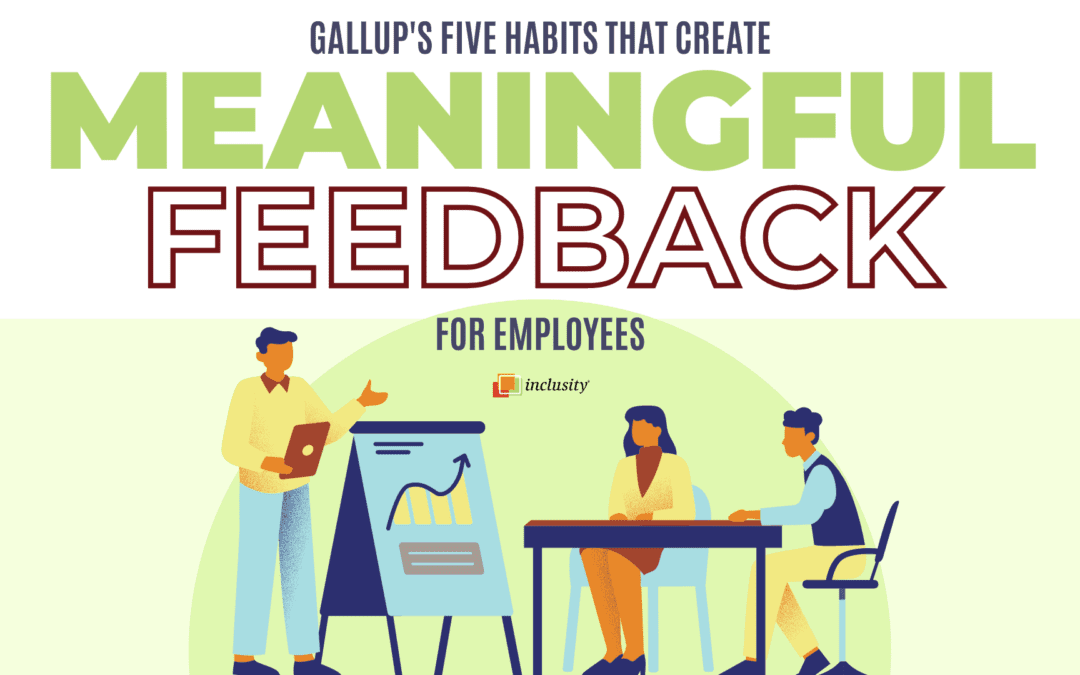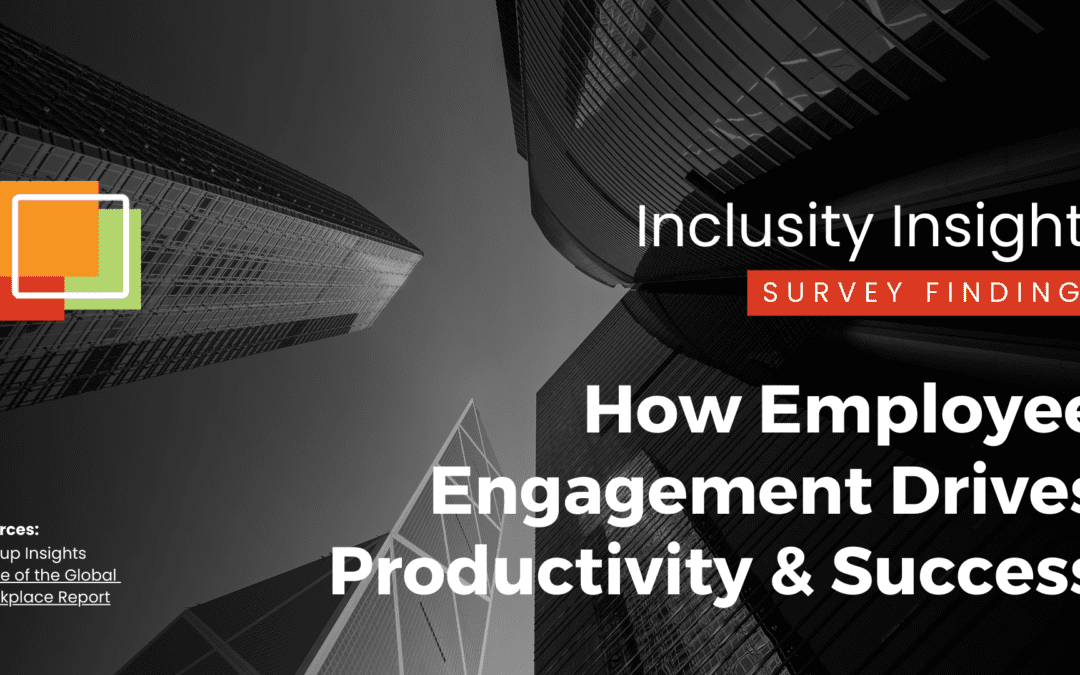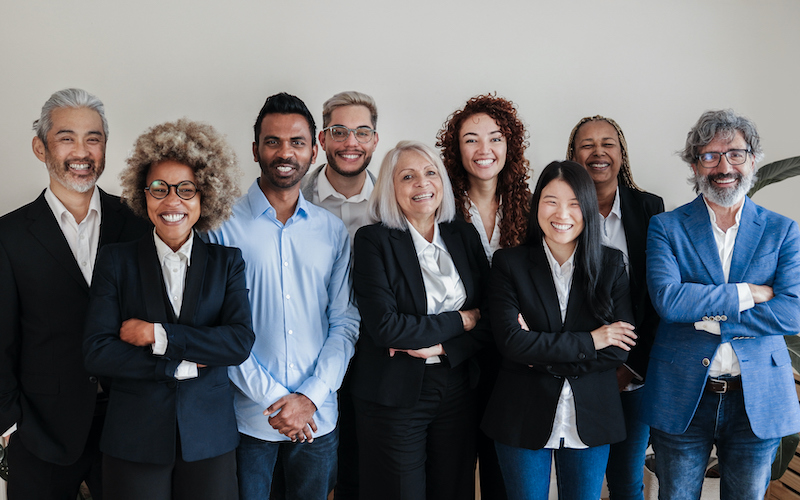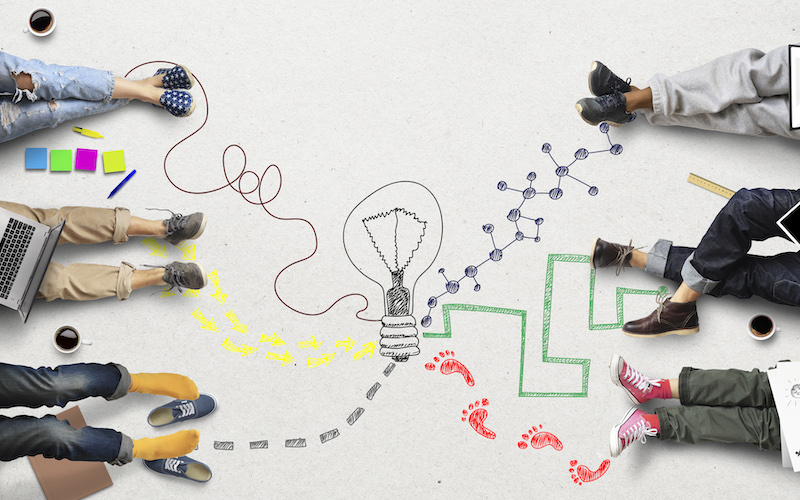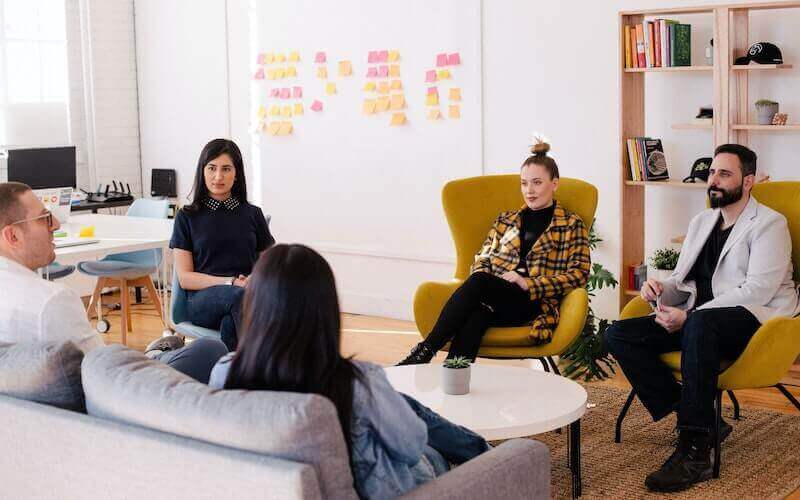In this blog, we hear from Patrick Hughes, a facilitator with Inclusity. He openly shares his perspective as a white male in the IDE space; he fits into almost every in-norm, dominant social identifier in our society. Patrick addresses the “elephant in the room” right upfront: ”Hi, I’m Patrick. I’m a white guy with a lot of privilege, and I’m fully committed to inclusion.”
How did you first get involved in inclusion, diversity, & equity (IDE)?
My journey began about 13 years ago when I was completing a master’s program in organizational development. One of the courses was called “Use of Self as an Agent of Change.” We spent a week looking at social identity theory and how who we are impacts our ability to work with organizations, individuals, and teams. This was my first exposure to concepts related to IDE. This was the first time that anyone told me that all of my social identifiers and who I am walking around unconsciously impacts others, potentially in a negative way.As a white male, what role do you play in IDE efforts?
I see myself as a partner, ally, and interrupter. I look at my role as partnering up with other people to make things happen, not leading the charge. I’m constantly looking at how I can be an ally for any marginalized group because I live in so many privileged categories and in-norm groups. I’m looking for ways to partner with or be an ally to folks that aren’t in-norm groups, so I can create inclusion. Also, because of this awarded privilege that I sometimes have, I look for ways to interrupt conversations that may be creating exclusion. I think about how I can use the voice that I’m given because of my gender and skin color to elevate others.
What are some of the lessons learned from engaging in IDE work?
I’ve learned a lot around how to be empathetic and how to hear and value others’ emotions and experiences. When I work with individuals and groups, I want to hear feedback so I can grow and create safe space where we can have relationship and dialogue. I’m not reluctant to initiate and engage in difficult conversations. Through the difficult conversations come strengthened partnerships and new insights. But, this must be authentic. If you engage in this way and don’t mean it, you’ll do more harm than good.
How do we engage white males in IDE efforts?
We need to disarm white men and create a safe space for them to share emotions around feeling excluded in IDE. If we don’t validate their experiences and feelings around exclusion, the overall objective of ensuring that everyone feels connected and valued will fail. White men need to see themselves as part of the solution – not part of the problem where they feel blamed and vilified.
What have you personally gained from working in the IDE space?
I’ve gained a richer life experience and deeper relationships. I’ve gained new perspectives that enable me to be a better leader. I now walk around this world from a conscious place as opposed to unconsciously through my socializations. The socializations and biases that I grew up with are not who I want to be in the world. For me, creating inclusion is creating the world that I want where everyone feels valued and empowered. Previously, I thought I was creating the world I wanted only to realize that there’s unconscious bias getting in the way of that. I wanted to create empowered teams and be a leader that everyone loved and admired, but I wasn’t. I was exhibiting behaviors that were contrary to what I wanted to create.
Why are diversity and inclusion everyone’s responsibility, including white males?
We cannot build inclusion if we’re excluding anyone. White men absolutely need to be at the table. They have the opportunity to leverage much of the power and privilege that they have been given to further the efforts of creating inclusion to benefit everyone. However, white men must be willing to step into uncomfortable situations and embrace change to make this happen. It can feel scary because the world has been set up to benefit them, so why should they want to change. Sometimes you have to risk a little bit to gain a lot. Once I was willing to risk alienating some friends and colleagues or being seen as a traitor or outcast, I found a whole new world open up to me on the other side. That world of inclusion now entails deeper relationships, more productive teams, and exponential growth in my leadership abilities.

